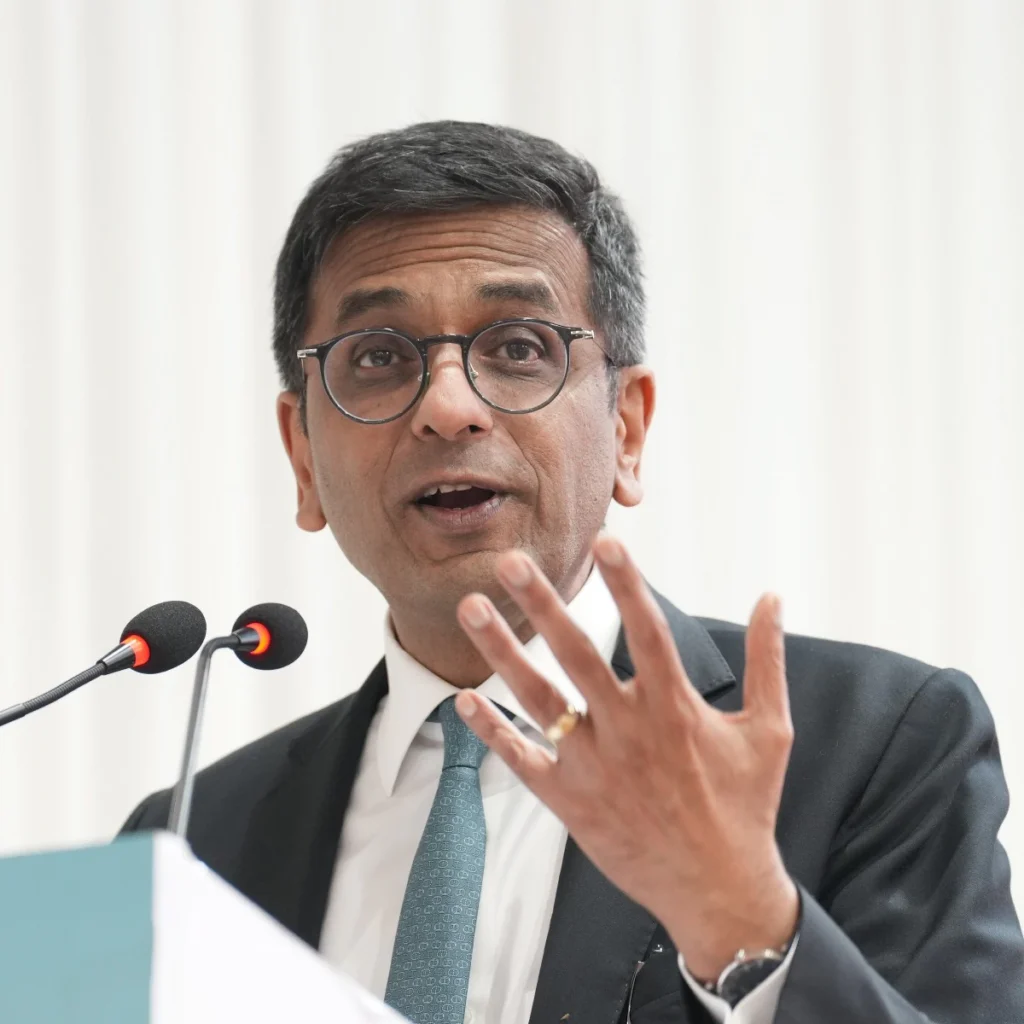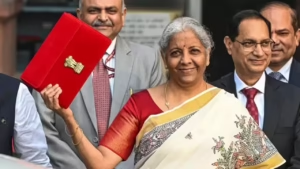D Y Chandrachud, who served as Chief Justice of India, said that while India has developed some of the best legal minds, legal education needs to improve itself, as it does not suit the needs of the 21st century legal profession. At the Vishnupant Advant lecture series in Chhatrapati Sambhajinagar, he asserted that law schools must adapt their scope of education as it is fundamentally incomplete and is not helping them progress. Chandrachud said that the legal profession is facing changes that include challenges like human and transnational law, online dispute resolution, data protection cases, litigation relating to climate change, and novel regulatory frameworks for a digital-first world. In the 21st century, India’s legal system will require cross-sectoral expertise in law, including digital law, data privacy law, environmental law, and legal practitioners working with specialists in technology and social sciences.
Call for Modern Curriculum and Legal Technology Integration
Chandrachud expressed the need to move the curriculum beyond its current focus on traditional legal doctrines, to one that includes training in data science and legal tech. His comments included that students need to learn how to evaluate AI responses, where biases exist in data, and to collaborate with software engineers to guarantee accountability of automated systems. He suggested that even moot court style exercises could incorporate AI adversaries to help the next generation of lawyers find ways of ensuring algorithmic accountability.
He reflected on the operation of paperless, e-filing courts as the Chief Justice, which was possible after judicial access was granted by nearly every state. He also mentioned that judges are now provided with digitally signed, bookmarked case records that made the work they accomplished at the bench much quicker and efficient.
Advice on Ethics, Professional Conduct, and Mental Health in Law
The previous CJI counselled would-be lawyers on a few important points — especially the importance of principles of ethics, personal attacks, and basic civility to your colleagues. He also suggested that success is the product of being prepared, integrity, and being calm (even if, as he stated, when the heated arguments ensue).
In addition, he recognised the substantial stress and the challenges to mental health faced by lawyers. He expressed lawyers’ higher risk of depression and addiction than the common population, and noted the importance of having open conversations and peer support.
Chandrachud called for an increase of women in law, ongoing professional learning, and self-upgrading, while acknowledging the importance of substance over showmanship. He ended on a clear note – lawyering should be about facilitating justice before anything else.












More Stories
How “Lockdown-Level” Emissions Cuts Might Clean Delhi’s Air by 2040
Cyclone Ditwah: IMD Issues Red Alert for Tamil Nadu, Puducherry, and Southern States
Hong Kong Fire Death Toll Climbs to 55; Dozens Still Missing as Blaze Burns Into Second Day